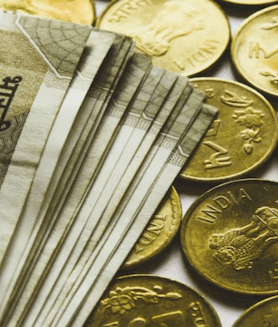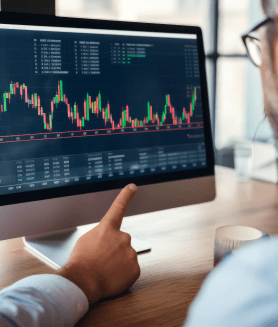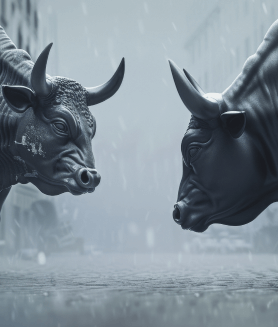Reports are swirling about a possible tax hike on futures & options, or F&O, trading. This comes as discussions are ripe about protecting investors and promoting long-term investment strategies.
What is F&O trading?
F&O contracts allow speculation on the future price of assets. This opens avenues for big profits, but also opens doors for significant losses. This is why the government is trying to protect investors, especially retail, since they are more exposed to these risks. Ansh Kachhara, an F&O trader from Mumbai, spoke to WION regarding risks involved in F&O trading. ‘You can make unlimited money, but the bigger problem is, you won’t,’ he said.
Why the need for regulation?
India boasts of the biggest derivative exchange in the world, despite being 1/10th of US’ market capitalisation. This is potentially raising alarm bells for the government that is now looking for more regulations.
What are the proposed rules?
The government is considering two key changes. First is reclassifying F&O income as ‘speculative income’ rather than ‘business income.’ This would attract a flat 30 per cent tax rate similar to lottery winnings. This can potentially eliminate the benefit of offsetting F&O losses with other business profits.
The second proposal aims to introduce TDS, or Tax deducted at source. This would help in boosting tax compliance and encourage retail investors to shift towards more stable investment options like Mutual funds and stocks. This can potentially lead to a lower market volatility caused by F&O trading.


Securities and Exchange Board of India (SEBI) recently announced new rules effective October 2024. The rules include a uniform transaction fees to replace slab-wise fees, higher margins for bigger lots, and no day trading for individual investors.
Are traders satisfied with the proposed changes?
Will higher taxes discourage F&O traders? Experts believe it won’t have that big of an effect. ‘SEBI says 95 per cent of the traders don’t make money,’ said Ansh. He added that India is the most expensive market in the world. All the transactions costs are anyways in the higher bracket compared to the rest of the world.
‘Market volatility and unregulated foreign inflows are the biggest issue that traders are facing.’ he added.





